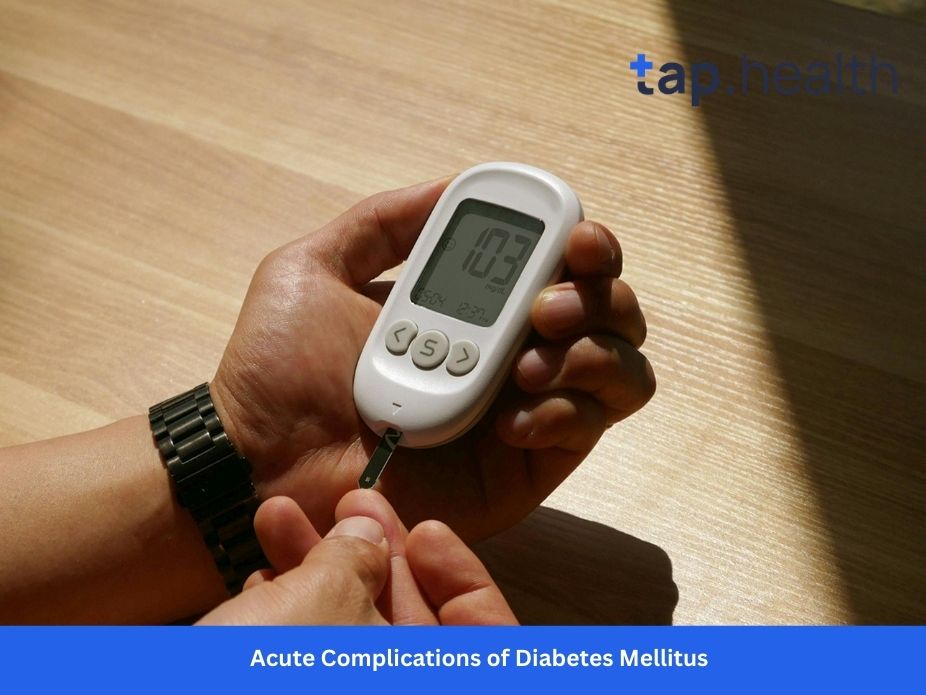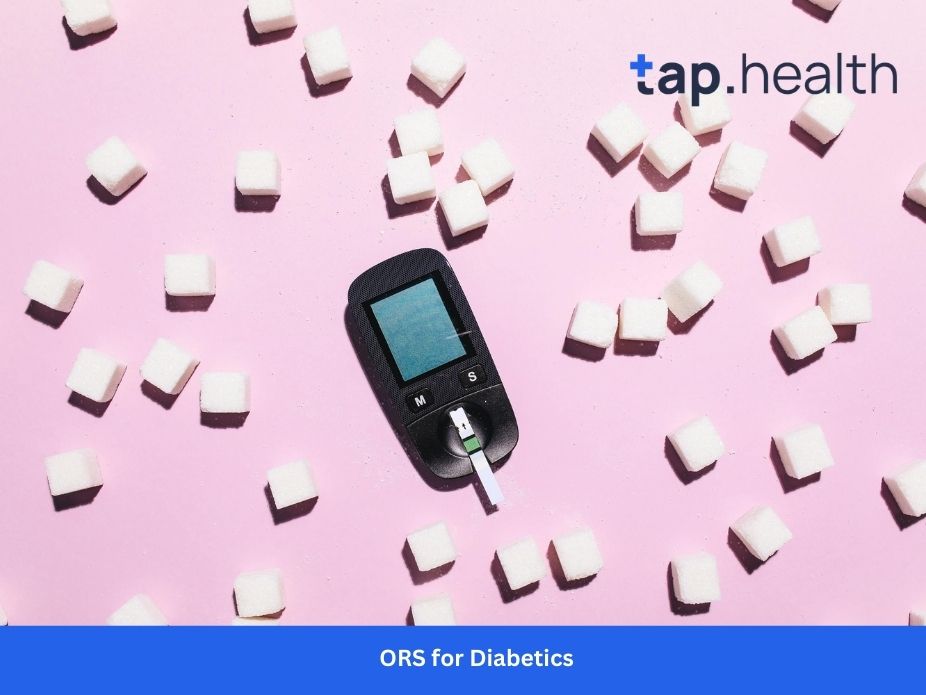Excessive body heat, or hyperthermia, can cause discomfort and impact your overall health. Whether triggered by hot weather, hormonal changes, or intense physical activity, managing body temperature is essential for well-being. In this blog, we explore seven practical and natural ways to reduce body heat, helping you stay cool and comfortable. From hydration tips to dietary changes and relaxation techniques, these strategies are easy to implement and effective.
What Causes Excessive Body Heat?
Excessive body heat occurs when your core temperature rises above the normal range, often due to external or internal factors. Common causes include:
- Hot Weather: High temperatures and humidity can hinder the body’s ability to cool itself.
- Physical Activity: Intense exercise increases body heat production.
- Hormonal Changes: Menopause or thyroid issues like hyperthyroidism can elevate body temperature.
- Medications: Some drugs, such as antidepressants, may disrupt temperature regulation.
- Infections or Fever: The body raises its temperature to fight illness.
Symptoms to Watch For:
- Excessive sweating
- Flushed or red skin
- Rapid breathing or heart rate
- Dizziness or lightheadedness
Why Is Hydration Key to Cooling Down?
Staying hydrated is one of the most effective ways to regulate body temperature. Water makes up about 60% of the human body and plays a critical role in thermoregulation, the process that maintains a stable internal temperature. Dehydration impairs this process, leading to increased body heat and discomfort.
How Hydration Helps:
- Supports sweating, which cools the body through evaporation.
- Maintains blood circulation to dissipate heat.
- Replenishes fluids lost during hot weather or exercise.
Best Hydrating Drinks:
- Water: The simplest and most effective way to stay hydrated.
- Coconut Water: Rich in electrolytes to replace minerals lost through sweat.
- Herbal Teas: Peppermint or hibiscus teas have cooling properties.
- Cucumber-Infused Water: Adds a refreshing, cooling effect.
- Watermelon Juice: Hydrating and packed with antioxidants.
How Does Diet Affect Body Temperature?
Your diet can significantly influence body heat. Certain foods have cooling properties, while others can increase internal heat, exacerbating discomfort.
Cooling Foods to Include:
- Cucumbers: High water content and cooling effect.
- Watermelon: Hydrating and rich in antioxidants.
- Yogurt: Soothes and cools the body.
- Mint: Provides a refreshing sensation.
- Leafy Greens: Nutrient-rich and hydrating.
Foods to Avoid:
- Spicy foods, which can trigger sweating and heat.
- Alcohol and caffeine, which dehydrate the body.
- Processed or fried foods, which increase inflammation.
- Excessive sugar, which can disrupt metabolism.
How Does Sun Exposure Impact Body Heat?
Excessive sun exposure is a leading cause of overheating, especially in hot or humid climates. UV rays not only damage the skin but also raise body temperature, increasing the risk of heatstroke.
Safe Sun Practices:
- Seek shade during peak sunlight hours (10 AM to 4 PM).
- Wear lightweight, breathable clothing and a wide-brimmed hat.
- Apply sunscreen with SPF 30 or higher.
- Take breaks in air-conditioned or shaded areas.
- Stay hydrated to support cooling mechanisms.
Why Does Clothing Matter for Heat Regulation?
Your clothing choices can either trap heat or help your body stay cool. Breathable fabrics and loose-fitting garments promote air circulation, reducing body heat buildup.
Best Fabrics for Staying Cool:
- Cotton: Lightweight and breathable.
- Linen: Allows air to flow freely.
- Rayon: Soft and moisture-wicking.
- Bamboo: Sustainable and cooling.
- Chambray: A breathable alternative to denim.
Clothing Tips:
- Opt for loose-fitting clothes to allow skin to breathe.
- Avoid synthetic fabrics like polyester, which trap heat.
- Choose light colors to reflect sunlight.
Can Relaxation Techniques Lower Body Heat?
Stress and anxiety can elevate body temperature by triggering the body’s fight-or-flight response. Practicing relaxation techniques can help calm the body and reduce heat.
Effective Relaxation Methods:
- Deep Breathing: Slows heart rate and promotes calmness.
- Meditation: Reduces stress and stabilizes body temperature.
- Yoga: Gentle stretches improve circulation and relaxation.
- Aromatherapy: Uses cooling essential oils like peppermint.
How Can Cooling Herbs and Essential Oils Help?
Certain herbs and essential oils have natural cooling properties that can lower body temperature and provide relief.
Top Cooling Herbs and Oils:
- Peppermint: Offers a cooling sensation when used in teas or aromatherapy.
- Lavender: Calms the body and reduces stress-related heat.
- Chamomile: Soothes and cools through teas or topical use.
- Spearmint: Similar to peppermint but milder.
- Eucalyptus: Refreshes and cools when used in diffusers.
How to Use Them:
- Drink herbal teas for internal cooling.
- Use essential oils in diffusers or apply diluted to the skin (e.g., wrists or temples).
- Add herbs to meals for subtle cooling effects.
When Should You Seek Medical Advice?
While most cases of excessive body heat can be managed with lifestyle changes, persistent or severe symptoms may require medical attention. Consult a healthcare professional if you experience:
- Prolonged high body temperature
- Severe dizziness or confusion
- Rapid heartbeat or breathing that doesn’t subside
- Symptoms of heatstroke, such as nausea or fainting
A doctor can diagnose underlying conditions like hyperthyroidism or medication side effects and recommend tailored treatments.
Conclusion
Excessive body heat can disrupt your comfort and health, but these seven simple strategies can help you cool down naturally. By staying hydrated, eating cooling foods, practicing safe sun habits, choosing breathable clothing, using relaxation techniques, incorporating cooling herbs, and seeking medical advice when needed, you can regulate your body temperature effectively. Implement these tips to stay cool, comfortable, and healthy, no matter the cause of your overheating.



